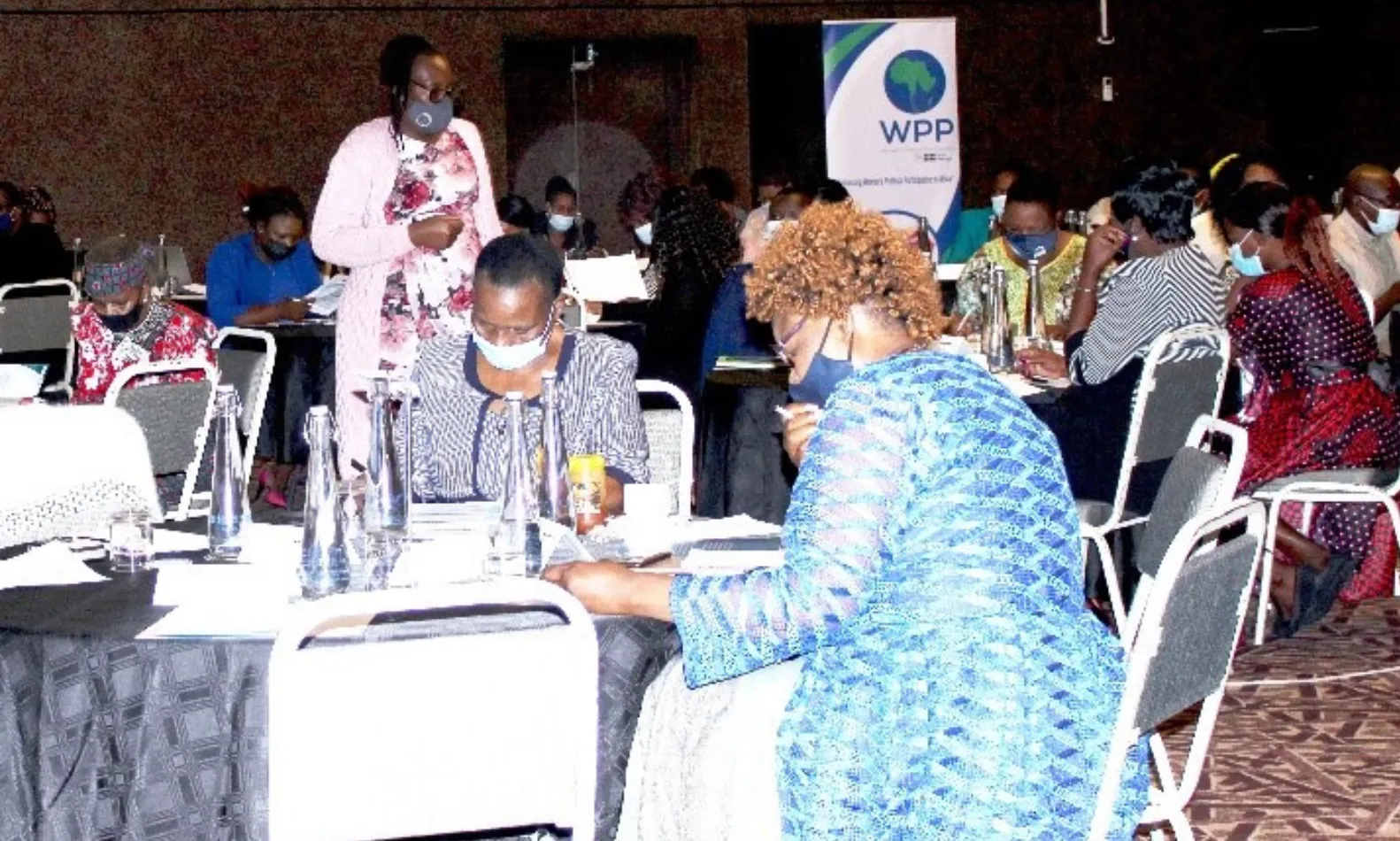Zimbabwe: A call for more women councillors to transform service provision

Citizens are increasingly becoming optimistic that the occupation of key decision-making positions at the council level will result in good service provision. No doubt, Local Authorities are the providers of basic services like health, water, waste management and housing.
A snap survey indicated that women rely more on council services because they are the major consumers of services like potable water, sanitation and primary health care. This led to the growing optimism that having more women in key decision-making positions at the council level will improve service delivery because decisions will be made by people who have personal experiences of the importance of these services.
However, despite the obvious fact that women bear the brunt of poor service provision, they are not found in key decision-making positions and decisions are made by men who are still dominating decision-making chambers.
The survey conducted by the Zimbabwe Electoral Commission indicated patriarchy, religion and lack of resources as barriers impeding women from occupying key decision-making positions.
A closer look at the last election held in Zimbabwe in 2018 reviewed that only 15 percent of female candidates participated in the National Assembly and 17 percent in the local authorities.
Although Zimbabwe has constitutional provisions that seek to promote women’s empowerment, there is a gradual decline in the number of women who contest and win during elections.
However, the push for more women’s participation in local governance seeks to achieve gender responsive service provision.
This will be achieved through intensive voter education that connects women’s participation in local governance and gender responsive service provision.
A lot of inspiration is being drawn from the fact that women appreciate and understand people’s problems better; hence their presence in decision making positions at the local authority level will change the state of service provision.
To achieve this goal, there is consented effort towards fully utilising the 30% quota and full maximum participation in the First Past the Post (FPTP). Political parties were therefore engaged through political parties dialogues to sensitise them on the need to field more women candidates to achieve gender responsive service provision.



